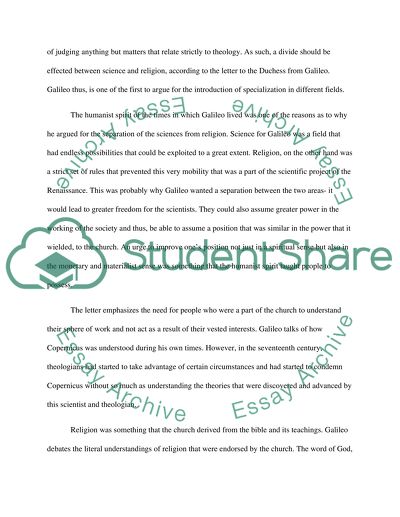Cite this document
(“Galileo's Distinction Between Science and Religion Essay”, n.d.)
Retrieved from https://studentshare.org/religion-and-theology/1447885-galileo
Retrieved from https://studentshare.org/religion-and-theology/1447885-galileo
(Galileo'S Distinction Between Science and Religion Essay)
https://studentshare.org/religion-and-theology/1447885-galileo.
https://studentshare.org/religion-and-theology/1447885-galileo.
“Galileo'S Distinction Between Science and Religion Essay”, n.d. https://studentshare.org/religion-and-theology/1447885-galileo.


